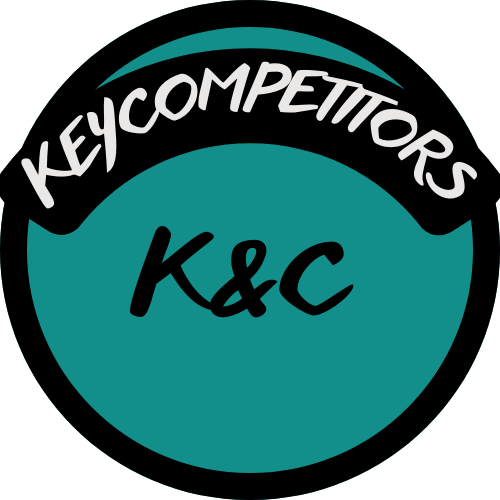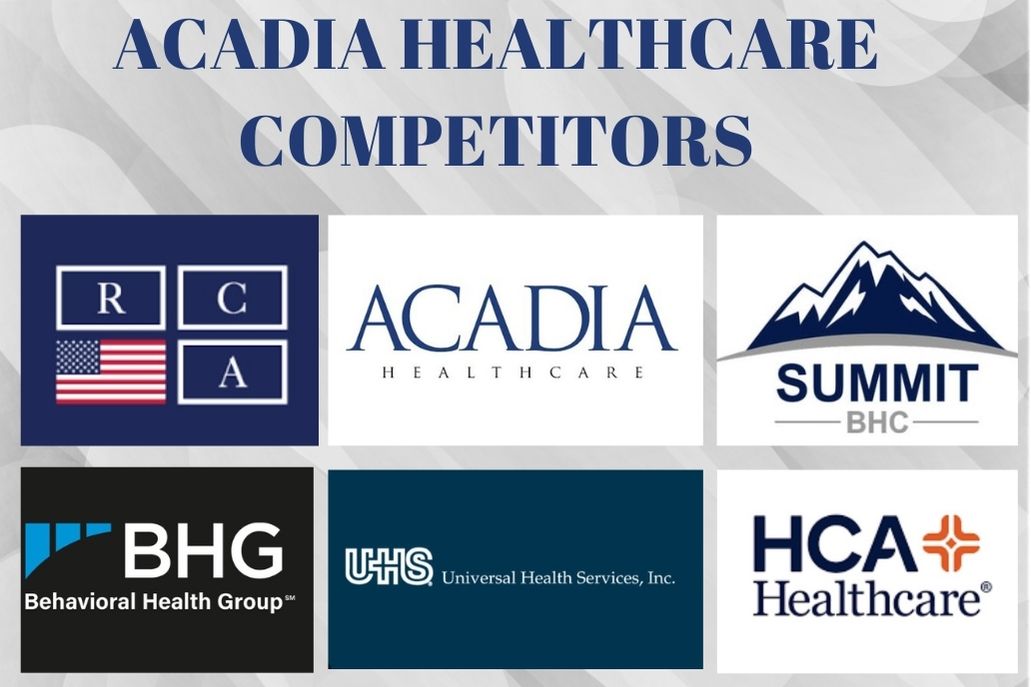Introduction
This analysis explores the competitive landscape in which Acadia Healthcare Company, Inc. (ACHC) operates. Acadia Healthcare competitors include a mix of national and regional behavioral healthcare providers, specialized treatment centers, and other healthcare organizations offering mental health and addiction treatment services. Understanding the strengths and weaknesses of these competitors is crucial for patients and families seeking quality care, as well as for investors evaluating the competitive dynamics of the behavioral health market.
Acadia Healtcare and The Evolving Behavioral Health Market
Acadia Healthcare is a leading provider of behavioral healthcare services, operating a network of inpatient and outpatient facilities across the United States. The company offers a wide range of treatment programs for mental health disorders and substance use disorders, serving patients of all ages. However, the behavioral health market is complex and dynamic, characterized by increasing demand for mental health services, evolving treatment approaches, and growing competition from various providers.
Key Acadia Healthcare Competitors
This section delves deeper into some of the most prominent Acadia Healthcare competitors:
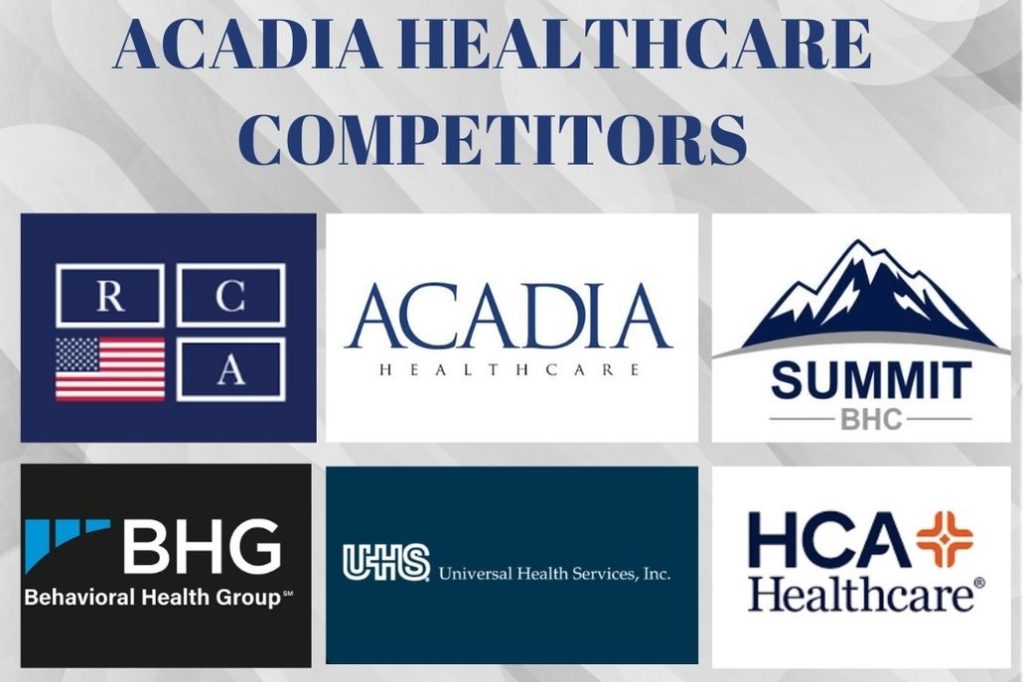
Company Overview
| Feature | Acadia Healthcare | Universal Health Services (UHS) | Behavioral Health Group (BHG) | HCA Healthcare | Summit Behavioral Healthcare | Recovery Centers of America (RCA) |
| Founded | 2005 | 1978 | 2008 | 1968 | 1993 | 2015 |
| Founder(s) | Joey Jacobs | Alan B. Miller | (Not publicly available) | Dr. Thomas F. Frist Jr., Dr. Thomas F. Frist Sr., Jack C. Massey | (Not publicly available) | J. Brian O’Neill |
| CEO | Christopher Hunter | Marc D. Miller | Jay Higham | Samuel N. Hazen | (Not publicly available) | J. Brian O’Neill |
| Mission | To provide high-quality behavioral healthcare services that enable our patients to live healthier and more fulfilling lives. | To provide superior quality healthcare services that: PATIENTS recommend to family and friends, PHYSICIANS prefer for their patients, PURCHASERS select for their clients, EMPLOYEES are proud of, and INVESTORS seek for long-term returns. | To provide accessible, evidence-based treatment for opioid use disorder. | To provide high-quality healthcare services that meet the needs of our patients and communities. | To provide compassionate and effective addiction treatment services that promote lasting recovery. | To save lives from the disease of addiction. |
| Employees | ~23,000 | ~90,000 | ~3,000 | ~275,000 | ~1,000 | ~2,000 |
| Headquarters | Franklin, Tennessee, USA | King of Prussia, Pennsylvania, USA | Franklin, Tennessee, USA | Nashville, Tennessee, USA | Atlanta, Georgia, USA | King of Prussia, Pennsylvania, USA |
Market Share (Approximate) of the Acadia Healthcare Competitors
- Acadia Healthcare: ~10% (one of the largest providers of behavioral healthcare in the US)
- Universal Health Services (UHS): ~15% (major player in acute care and behavioral health)
- Behavioral Health Group (BHG): ~5% (focuses on opioid addiction treatment)
- HCA Healthcare: ~5% (large healthcare system with a significant behavioral health division)
- Summit Behavioral Healthcare: ~2% (regional provider with a focus on addiction treatment)
- Recovery Centers of America (RCA): ~3% (known for its community-based addiction treatment centers)
Service Offerings of the Acadia Healthcare Competitors
- Acadia Healthcare: Inpatient and outpatient behavioral healthcare services, including treatment for mental health disorders, substance use disorders, and dual diagnosis.
- Universal Health Services (UHS): Acute care hospitals, behavioral health facilities, and surgical hospitals.
- Behavioral Health Group (BHG): Medication-assisted treatment (MAT) for opioid use disorder, counseling, and behavioral therapies.
- HCA Healthcare: General acute care hospitals, outpatient surgery centers, and behavioral health facilities.
- Summit Behavioral Healthcare: Inpatient and outpatient addiction treatment programs, including detox, residential treatment, and partial hospitalization programs.
- Recovery Centers of America (RCA): Inpatient and outpatient addiction treatment, with a focus on community-based care and personalized treatment plans.
Strengths and Weaknesses of the Acadia Healthcare Competitors
Acadia Healthcare
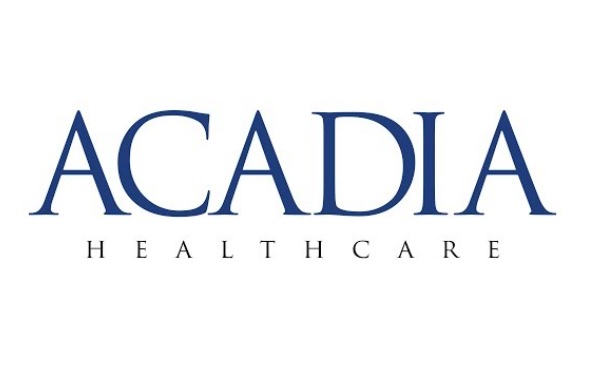
- Strengths: Large network of facilities, diverse treatment programs, and a focus on quality care.
- Weaknesses: Challenges in maintaining consistent quality across its facilities and potential regulatory risks in the behavioral health industry.
Universal Health Services (UHS)
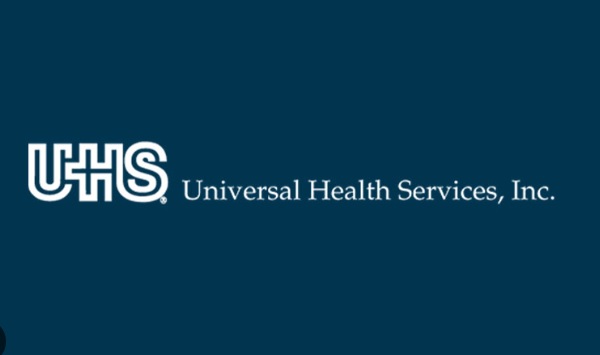
- Strengths: Diversified healthcare portfolio, strong financial performance, and a wide range of behavioral health services.
- Weaknesses: Potential challenges in integrating its various healthcare businesses and competition from specialized behavioral health providers.
Behavioral Health Group (BHG)
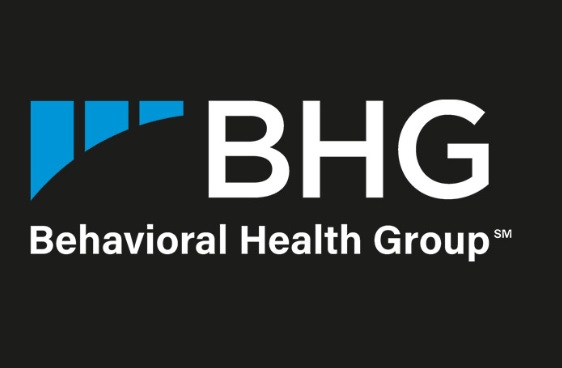
- Strengths: Specialized expertise in opioid addiction treatment and a patient-centered approach.
- Weaknesses: Limited scope of services compared to broader behavioral health providers.
HCA Healthcare
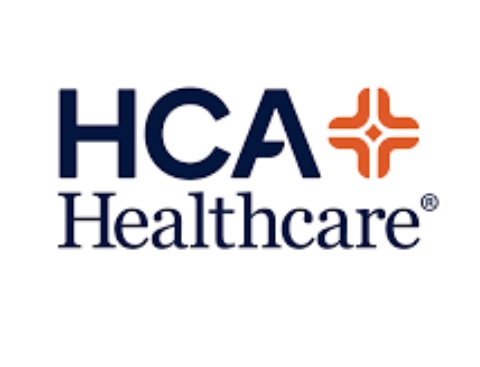
- Strengths: Large healthcare network, strong brand recognition, and a wide range of services, including behavioral health.
- Weaknesses: Potential challenges in integrating behavioral health within its broader healthcare system and competition from specialized behavioral health providers.
Summit Behavioral Healthcare
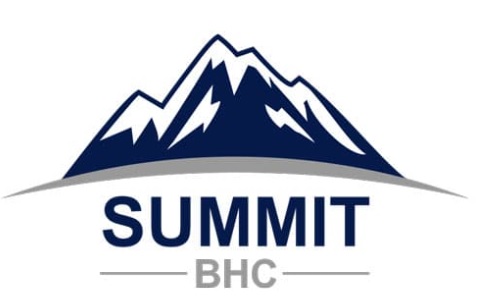
- Strengths: Holistic approach to addiction treatment and a focus on evidence-based practices.
- Weaknesses: Regional focus and smaller scale compared to national providers.
Recovery Centers of America (RCA)
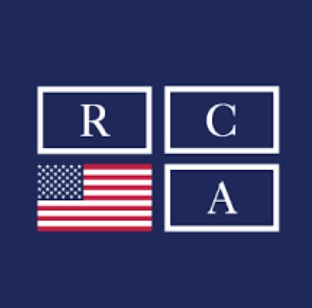
- Strengths: Community-based approach, focus on patient experience, and luxurious facilities.
- Weaknesses: Higher cost compared to some competitors and limited geographic reach.
Investments and Future Plans of the Acadia Healthcare Competitors
- Acadia Healthcare: Expanding its network of facilities, investing in telehealth and virtual care solutions, and developing new treatment programs.
- Universal Health Services (UHS): Continuing to invest in its behavioral health division, expanding its service offerings, and exploring new technologies for patient care.
- Behavioral Health Group (BHG): Expanding its network of opioid treatment centers and developing new treatment approaches and programs.
- HCA Healthcare: Investing in its behavioral health services, integrating behavioral health into its broader healthcare system, and exploring new technologies for patient care.
- Summit Behavioral Healthcare: Expanding its reach within its regional market and developing new programs and services for addiction treatment and recovery.
- Recovery Centers of America (RCA): Expanding its network of community-based treatment centers and investing in new technologies and therapies for addiction treatment.
Head-to-Head Comparison of the Acadia Healthcare Competitors
- Acadia Healthcare vs. Universal Health Services (UHS): Acadia is a pure-play behavioral healthcare provider, while UHS has a more diversified healthcare portfolio.
- Acadia Healthcare vs. Behavioral Health Group (BHG): Acadia offers a wider range of behavioral health services, while BHG specializes in opioid addiction treatment.
- HCA Healthcare vs. Acadia Healthcare: HCA is a larger healthcare system with a behavioral health division, while Acadia is a dedicated behavioral healthcare provider.
Consumer Experiences and Preferences of the Acadia Healthcare Competitors
- Treatment Approach: Patients and families may have different preferences for treatment approaches, such as inpatient vs. outpatient care, medication-assisted treatment, or therapy modalities.
- Location and Accessibility: The location and accessibility of treatment facilities are important considerations for patients and families.
- Cost and Insurance: The cost of treatment and insurance coverage can be significant factors in choosing a provider.
- Reputation and Quality: Patients and families often research the reputation and quality of care provided by different behavioral healthcare organizations.
Customer Satisfaction of the Acadia Healthcare Competitors
- Acadia Healthcare: Customer satisfaction can vary depending on the specific facility and individual experiences, but Acadia generally aims to provide quality care and positive patient outcomes.
- Universal Health Services (UHS): Generally receives positive feedback for its quality of care and patient satisfaction.
- Behavioral Health Group (BHG): Often praised for its patient-centered approach and its expertise in opioid addiction treatment.
- HCA Healthcare: Customer satisfaction can vary across its different facilities and service lines, but the company has a strong reputation for quality healthcare.
- Summit Behavioral Healthcare: Generally receives positive feedback for its holistic approach to addiction treatment and its focus on individualized care.
- Recovery Centers of America (RCA): Known for its focus on patient experience and its comfortable facilities, but its higher cost can be a barrier for some patients.
Conclusion
Acadia Healthcare is a major player in the behavioral healthcare market, but it faces competition from various providers with different strengths and focus areas. The demand for mental health and addiction treatment services is increasing, and the competitive landscape is evolving rapidly. When choosing a behavioral healthcare provider, patients and families should carefully consider their needs, preferences, and the specific offerings of each organization. By understanding the competitive landscape and the available options, individuals can make informed decisions about their care and seek the support they need to achieve their recovery goals.
FAQ About Acadia Healthcare Competitors
What are Acadia Healthcare competitors?
Acadia Healthcare competitors include a variety of national and regional behavioral healthcare providers, specialized treatment centers, and other healthcare organizations that offer mental health and addiction treatment services. Key competitors include Universal Health Services (UHS), Behavioral Health Group (BHG), HCA Healthcare, Summit Behavioral Healthcare, and Recovery Centers of America (RCA).
How does Acadia Healthcare compare to Universal Health Services (UHS)?
Acadia Healthcare is a dedicated behavioral healthcare provider, while UHS operates a more diversified healthcare portfolio, including acute care hospitals and surgical facilities. UHS has a larger market share, approximately 15%, compared to Acadia’s 10%.
What services do Acadia Healthcare competitors offer?
Competitors offer a range of services, including:
- Acadia Healthcare: Inpatient and outpatient services for mental health and substance use disorders.
- UHS: Acute care and behavioral health facilities.
- BHG: Medication-assisted treatment for opioid use disorder.
- HCA Healthcare: General acute care and behavioral health services.
- Summit Behavioral Healthcare: Addiction treatment programs, including detox and residential treatment.
- RCA: Community-based addiction treatment with personalized plans.
What are the strengths of Acadia Healthcare’s competitors?
- UHS: Strong financial performance and a diversified service portfolio.
- BHG: Specialized expertise in opioid addiction treatment.
- HCA Healthcare: Large network and strong brand recognition.
- Summit Behavioral Healthcare: Holistic and evidence-based treatment approaches.
- RCA: Focus on patient experience and community-based care.
What are the weaknesses of Acadia Healthcare’s competitors?
- UHS: Challenges in integrating various healthcare businesses.
- BHG: Limited scope of services compared to broader providers.
- HCA Healthcare: Potential difficulties in integrating behavioral health within its larger system.
- Summit Behavioral Healthcare: Smaller scale and regional focus.
- RCA: Higher costs and limited geographic reach.
How does customer satisfaction vary among Acadia Healthcare competitors?
Customer satisfaction can vary by facility and specific experiences. Generally:
- Acadia Healthcare: Aims for quality care but experiences can differ.
- UHS: Receives positive feedback for quality of care.
- BHG: Praised for its patient-centered approach.
- HCA Healthcare: Strong reputation, but satisfaction can vary.
- Summit Behavioral Healthcare: Positive feedback for individualized care.
- RCA: Known for comfortable facilities but may have higher costs.
What future plans do Acadia Healthcare competitors have?
Competitors are focusing on expanding their networks, investing in new technologies, and developing innovative treatment programs. For example:
- UHS: Expanding behavioral health services and exploring new patient care technologies.
- BHG: Increasing the number of opioid treatment centers.
- HCA Healthcare: Integrating behavioral health into its broader healthcare system.
How can patients choose the right behavioral healthcare provider?
Patients should consider factors such as treatment approaches, facility location, cost and insurance coverage, reputation, and specific services offered. Researching and comparing the strengths and weaknesses of Acadia Healthcare and its competitors can help individuals make informed decisions.
Why is understanding Acadia Healthcare competitors important?
Understanding Acadia Healthcare competitors is crucial for patients seeking quality care, families looking for support, and investors evaluating the competitive dynamics of the behavioral health market. It helps in making informed choices regarding treatment options and understanding the landscape of available services.
Where can I find more information about Acadia Healthcare and its competitors?
More information can be found on the official websites of Acadia Healthcare and its competitors, as well as through healthcare industry reports, patient reviews, and local healthcare resources. If you liked this review, you can also review our article on trending posts here. Best wishes from keycompetitors.com
